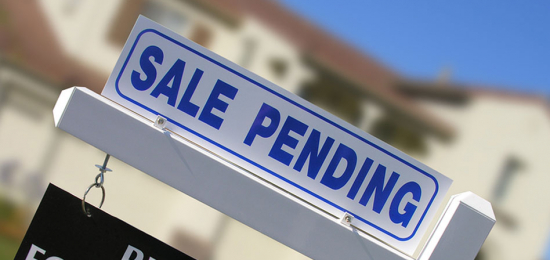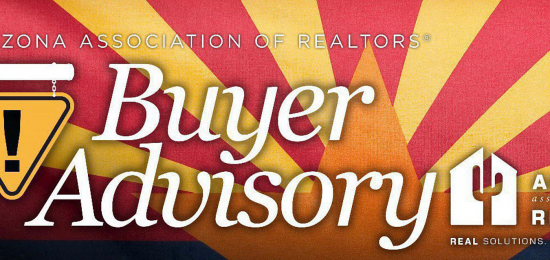
Appraisal
If you’re securing a new loan to purchase a home, your lender will require an appraisal of the property to determine its fair market value. The lender will collect an appraisal fee (expect $400 – $650) from you once a purchase contract is accepted and you’re ready to move forward with your loan application.
A state licensed home appraiser will be selected by the lender to research the property and compare it to nearby homes that have sold in the last six months and are similar in size, age, construction and amenities.
The appraisal differs from a Comparable Market Analysis (CMA), which is an estimate of your home’s value done by Realtors® to establish a listing or offer price. The appraiser will use similar methods in arriving at a property’s value, but also follow strict licensing and industry guidelines and adhere to Uniform Standards of Professional Appraisal Practices.
The appraisal process
The appraiser will make an appointment to see the home and will take about 30 minutes to an hour to look over the property, measure the home, draw a representative floor plan, take photographs inside and out, and review the property’s condition, improvements and amenities.
Seller’s can help the appraiser by providing a list of any improvements and remodeling projects since purchasing the home, along with an approximate dollar amount of each improvement. Keep in mind, however, that remodeling projects rarely bring a 100 percent return on investment, but a list will ensure the appraisal takes into consideration any significant upgrades or added features when determining value.
The appraiser will provide a written appraisal report to the buyer’s lender within a few days of visiting the property.
Appraisal gaps
An appraisal gap occurs when the appraised value comes in below the contract price agreed upon between the Buyer and Seller. When this happens, the Buyer’s lender won’t loan them more than the house’s appraised value. That leaves a gap between the buyer’s loan amount and the contract price of the house.
In this situation, the financing contingency in the contract allows the buyer to cancel the sale and receive a refund of their earnest money, — or — the buyer can proceed with the sale and make up the difference between the appraised value and the contract price. That decision needs to occur within 5 days of receiving the appraisal.
What’s more common, however, is that the buyer will ask the seller to concede some (or all) of the appraisal gap by agreeing to a price reduction. While it’s not incumbent on the seller to agree to a price reduction, certainly the buyer and seller have a vested interest in making sure the sale moves forward with little to no delay. That said, if the seller refuses to concede on price, the buyer must make a decision to cancel or go forward with the purchase.
After the appraisal
In some cases (particularly if the buyer is obtaining a government backed loan) the lender may require additional repairs not negotiated as part of the purchase contract before they’ll lend money for the purchase.
For example, if the buyer is applying for an FHA or VA loan, the property must be free of health and safety hazards. VA and FHA appraisers will document visible defects that affect structural soundness, such as wall and foundation cracks, signs of settlement, water pooling, termite infestation; faulty plumbing, roofing, electricity, heating and air conditioning systems. Both programs abide by a different set of property standards; however, the criteria is aligned in most ways.
In some cases, correcting deficiencies identified in an appraisal, or making improvements, may have to be completed before the lender gives final loan approval. Once the repairs are made, the appraiser will return to confirm the completed repairs, and a re-inspection fee is usually charged.
Additional Resources:

Escrow: Your offer is Accepted
Escrow begins once the offer is agreed upon and signed by all parties, and earnest money is deposited.
Read more.

Due Diligence
The buyer advisory serves as a great resource in performing due diligence on a property or neighborhood.
Read more.

Inspection vs. Appraisal
Understand the key difference between an appraisal and an inspection.
Read more.



